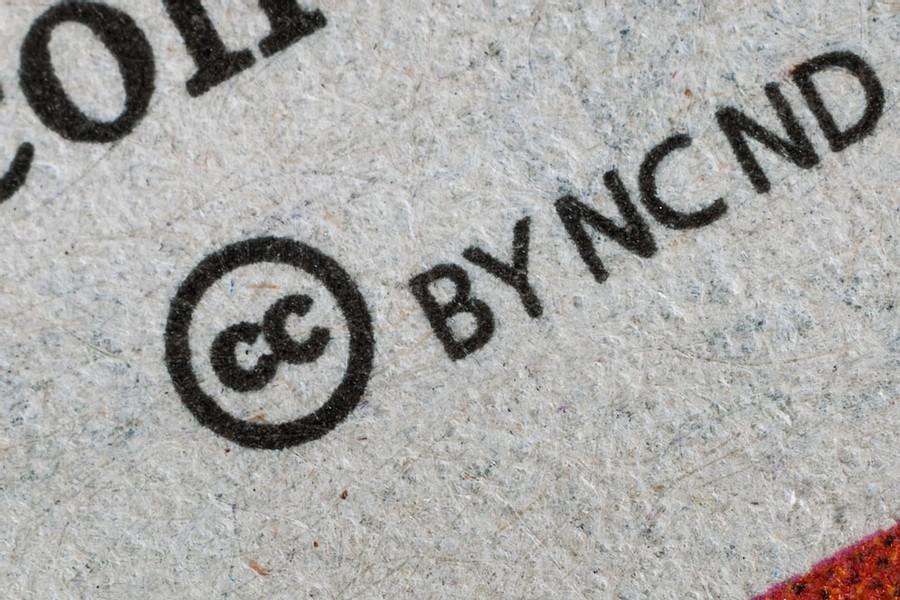6. Self-Serving Bias:
People attribute their successes to internal factors but attribute their failures to external factors. For instance, if you succeed in a project, you might credit your skills, but if you fail, you blame a lack of resources.
43
313 reads
CURATED FROM
IDEAS CURATED BY
Being an ambivert person, I am too much fond of reading, and always eager to learn.
These cognitive biases and mind traps influence decision-making, perception, and behavior in various aspects of our lives. Recognizing them can help us make more rational and informed choices.
“
Similar ideas to 6. Self-Serving Bias:
Self-serving Bias
It causes you to claim your successes and ignore your failures.
This means that when something good happens, you take the credit, but when something bad happens, you blame it on external factors.
Self-serving bias may manifest at work when you receive critical feedback....
The self-serving bias
It encourages you to claim your successes and to deflect your failures.
When something good happens, you take the credit, but when something bad happens, you blame it on something out of your control.
7. Fundamental Attribution Error:
We tend to attribute others' actions to their character while attributing our actions to external factors. If someone cuts you off in traffic, you might think they're a bad person, but if you do it, you might blame stress or distractions.
Read & Learn
20x Faster
without
deepstash
with
deepstash
with
deepstash
Personalized microlearning
—
100+ Learning Journeys
—
Access to 200,000+ ideas
—
Access to the mobile app
—
Unlimited idea saving
—
—
Unlimited history
—
—
Unlimited listening to ideas
—
—
Downloading & offline access
—
—
Supercharge your mind with one idea per day
Enter your email and spend 1 minute every day to learn something new.
I agree to receive email updates

